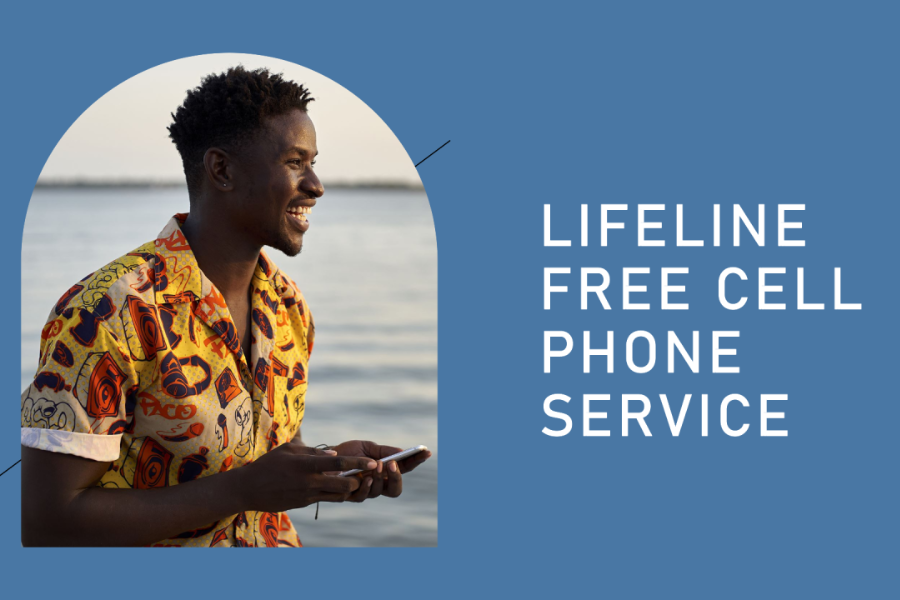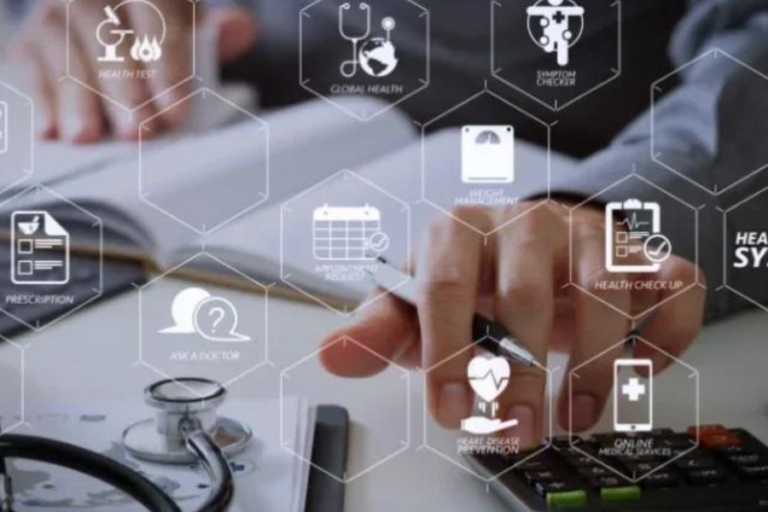Lifeline Phone Service: How to Determine Your Eligibility
Table of Contents
- What Is Lifeline?
- Who Can Qualify for Lifeline?
- Required Documents for Lifeline Application
- The Application Process Explained
- Frequently Asked Questions
- The Benefits of Lifeline Service
- Real Life Case Studies
What Is Lifeline?
Lifeline is a federal program managed by the Federal Communications Commission (FCC) that ensures low-income Americans access essential telecommunications services. This program provides eligible individuals with reduced rates for phone and internet services. Understanding the basics of the program can simplify the qualification process for those interested in Lifeline qualifications. The goal of Lifeline is not just financial relief but also providing a means of connectivity for emergencies, job opportunities, and maintaining social ties. It can be particularly critical for senior citizens, people living in rural areas, and those with limited incomes. By thoroughly grasping this program, you can ascertain if you qualify and learn how to apply effectively. Lifeline has made significant strides since its inception. Originally designed to ensure that low-income households have access to essential telephone services, the program has expanded to include mobile and internet services, adapting to the evolving technological landscape. In today’s world, being connected is a luxury and a necessity for participating fully in society.
Who Can Qualify for Lifeline?
Qualifying for Lifeline typically involves meeting specific income criteria or participating in certain federal assistance programs such as Medicaid or SNAP. The eligibility requirements are delineated, making it easier for potential applicants to assess their qualification status. The threshold considers household income relative to the Federal Poverty Guidelines, and individuals participating in assistance programs are automatically eligible. Understanding these criteria is essential for individuals, families, and communities looking to benefit from the services. For example, a family relying on SNAP benefits or a senior citizen on Medicaid automatically qualifies, which means they can easily access the discounted telephone or internet service, which is indispensable for staying connected.
Required Documents for Lifeline Application
Successfully applying for Lifeline involves gathering specific documents that prove your eligibility. Typically, you must present proof of income or enrollment in a qualifying federal assistance program. Documentation can include recent pay stubs, tax returns, benefit statements, or an official letter from your assistance program. Having these documents ready can expedite the application process, reducing the likelihood of any delays or denials. Ensuring all submitted documents are up-to-date and accurately reflect your financial situation or participation in federal assistance programs. This preparation streamlines your application and increases the likelihood of your application being approved on the first submission. Keep copies of all documents you provide for your records, and be ready to respond quickly to any requests for additional information.
The Application Process Explained
When you are prepared to apply, the Lifeline application procedure includes completing an online or paper form and providing the necessary documents for verification. The online process is often quicker and more convenient, but paper applications are also available for those without internet access. It’s crucial to follow the application instructions meticulously to avoid any issues. Clear handwriting, double-checking information, and filling all required fields can prevent delays. After submission, your application is verified, and your documents are reviewed to confirm eligibility. This step can take a few weeks, so it’s essential to apply promptly if you need the service urgently.
Frequently Asked Questions
- How long does the application process take?
- The application process timeline varies but usually takes a few weeks. Applying in advance is essential if you need the service urgently.
- Can I apply for both phone and internet discounts?
- Yes, you can apply for both services, but check your service provider’s specific offerings, as they may vary.
- What should I do if my application is denied?
- If your application is denied, you can reapply or appeal the decision. Review the reason for the denial carefully and address any missing or incorrect information in your reapplication.
Addressing common queries helps applicants better prepare for the application process and avoid unnecessary hurdles. For instance, understanding the typical timeline can help manage expectations and encourage early application. Similarly, knowing that phone and internet discounts are available allows applicants to utilize Lifeline’s benefits fully.
The Benefits of Lifeline Service
Being part of the Lifeline program offers numerous benefits beyond just financial relief. For many, it links to job opportunities, emergency services, and social connections. Likewise, being aware of phone and internet discounts availability enables applicants to make the most of Lifeline’s benefits. Access to reliable phone and internet services allows people to participate more fully in society through job searches, family ties, or healthcare. For example, a phone becomes essential for safety and recovery during natural disasters or emergencies. Similarly, access to the internet can open doors to educational resources and remote job opportunities. Thus, Lifeline not only bridges the gap in telecommunications access but also plays a vital role in improving the quality of life for its beneficiaries.
Real Life Case Studies
The true stories of people who have gained from the Lifeline program can offer essential background and motivation for those thinking about applying. For example, numerous users have managed to land jobs, keep in contact with relatives, and uphold a feeling of safety thanks to the program. These tales of achievement underscore the program’s significant effect on individuals’ lives. Take, for example, John, a single father living in a rural community. With the help of Lifeline, he was able to secure a stable job and ensure his children had access to online educational resources. Similarly, a senior citizen, Maria, uses her Lifeline-discounted phone to stay connected with her family and healthcare providers. These stories reflect the profound, positive changes that Lifeline can bring to its users.






